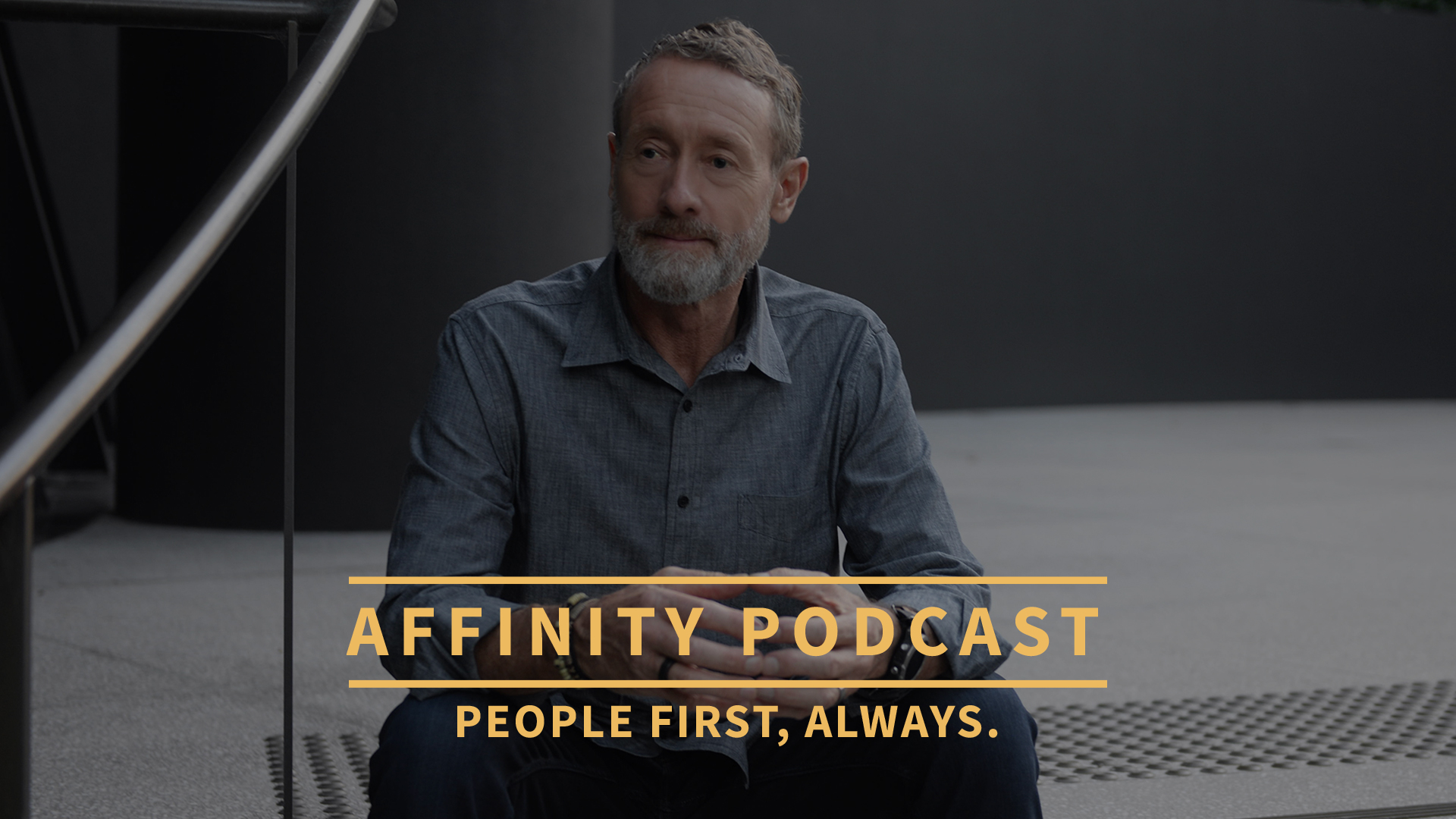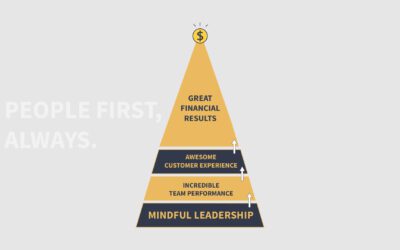A World Apart, A Path Forward: The Power of Random Acts of Kindness in a Divided Era
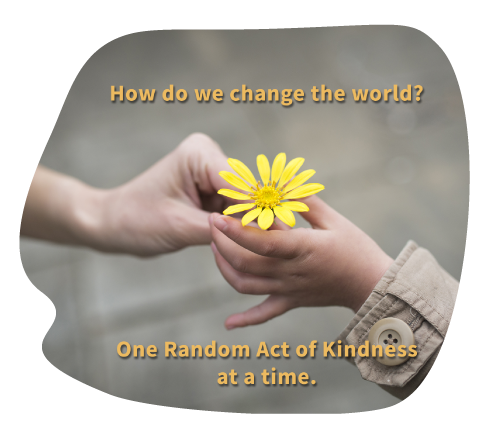
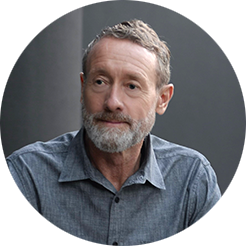
Grant Ian Gamble is a best-selling mindful leadership author and speaker. He has over 30 years of experience in leading teams to create innovative customer experiences, building engaged workforces, and developing leaders who prioritize mindfulness in their approach.
“Random Acts of Kindness” became a phenomenon in the 1980’s and ‘90’s, but with the increasingly frantic pace of our lives, its true practice seems to have fizzled in recent decades. I loved the idea of it and saw occasional examples; there is even a Random Acts of Kindness Day in February but how powerful would it be if we adopted Random Acts of Kindness as a daily practice?
I always thought that the idea of randomly extending a kindness to a stranger was a wonderful gesture. When I was in the Australian Boy Scouts, there was a philosophy called “A good deed a day” and when I was a Boy Scout Leader in the U.S. it was, “Do a good turn daily”. This mantra was underwritten by the Scout promise which included “A Scout is helpful,” “A Scout is friendly,” and “A Scout is kind.” These principles inherently encourage Scouts to perform acts of kindness and service as part of their daily lives.
I think at some point this became a part of my every day and I appreciate the Scouting movement being a catalyst for this positive focus.
My premise herein is that if everyone did a daily good deed for another, a random act of kindness, if you will, how might the world turn?
Never in all of human history have we seen the division and seemingly intractable conflicts we experience in today’s modern world. Picking sides seems to be the norm, and working together seems to be the exception. This division is endemic in politics and amplified in the media. It echoes through most facets of our lives.
I contend that amidst the conflict and division we live in, a simple act of kindness can be a beacon of hope.
I believe that routinely extending kindness to others will lead to a more compassionate and harmonious society. If this was threaded through the political system, underwritten in the corporate world and amplified in the media, we would see a palpable shift away from the contentious and divided rhetoric toward a more forgiving and inclusive society.
Kindness is more than just a polite gesture; it’s a profound expression of empathy, compassion, and goodwill towards others. And Lao Tzu wisely stated,
“Kindness in words creates confidence. Kindness in thinking creates profoundness. Kindness in giving creates love.”
Simply treating all individuals with respect and dignity is an act of kindness. When we move beyond our biases to transcend the barriers between us, we are imbibing the essence of kindness.
This may all sound a little utopian, but I would argue that consciously extending an act of kindness to another on a daily basis will create a habit which will have deep and profound implications over time.
An example I would give is the walks my wife and I go on with our dogs. We walk along the riverfront near our home every morning, and pass other people walking routinely as well. When we moved into this neighborhood we started saying “Hello!” to these random strangers. We were initially greeted with consternation and surprise, but over time people started to acknowledge us back. What’s more, many of the people we see regularly look forward to the friendly interaction.
And maybe this is confirmation bias, but I truly believe we started to see others acknowledging each other as time progressed.
This is just a simple example of how you can integrate an act of kindness into your day, without having to even go out of your way.
Beyond the extrinsic potential of these acts of kindness there are intrinsic benefits for you. For example:
- Enhanced Well-being: Research has shown that acts of kindness trigger the release of oxytocin, often referred to as the “love hormone.” This hormone not only promotes feelings of bonding but also reduces stress and anxiety, contributing to overall well-being.
- Improved Mental Health: Engaging in acts of kindness has been linked to increased levels of happiness and life satisfaction. When you extend kindness to others, you also tend to experience a boost in your own mood and mental health.
There are also some compelling domino effects that come with a concerted focus on extending kindnesses to others. These include:
- Stronger Communities: Kindness fosters a sense of unity and belonging. When individuals and communities come together to support one another, they build stronger social bonds and a more resilient society.
- Positive Ripple Effect: Kindness is contagious. When you show kindness to someone, they are more likely to pay it forward, creating a ripple effect of positivity that can touch countless lives.
- Reduction in Prejudice: Kindness and empathy are essential tools in combating prejudice and discrimination. By treating all individuals with kindness, we challenge stereotypes and promote inclusivity.
Simply put, kindness is a message that transcends boundaries and brings people together. Mark Twain once declared,
“Kindness is the language which the deaf can hear and the blind can see.”
It is a force for good that has the potential to transform our world.
In your journey remember that kindness is a tool you can wield with incredible impact. By embodying kindness and spreading it to others, you are actively contributing to a more compassionate and harmonious world. In the words of Mahatma Gandhi,
“You must be the change you wish to see in the world.”
Let’s continue to advocate for kindness and promote its profound benefits, not just through words, but through our actions as well. Together, we can create a world where kindness reigns supreme, and positivity knows no bounds.
“In a world where you can be anything, be kind.” – Unknown
Please share examples of acts of kindness you have witnessed or given. It may plant some positive seeds for others.

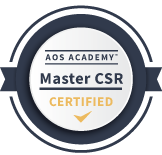
Take your customer service skills—and your team—to the next level with the AFFINITY in Customer Service Certification!
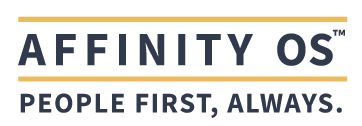
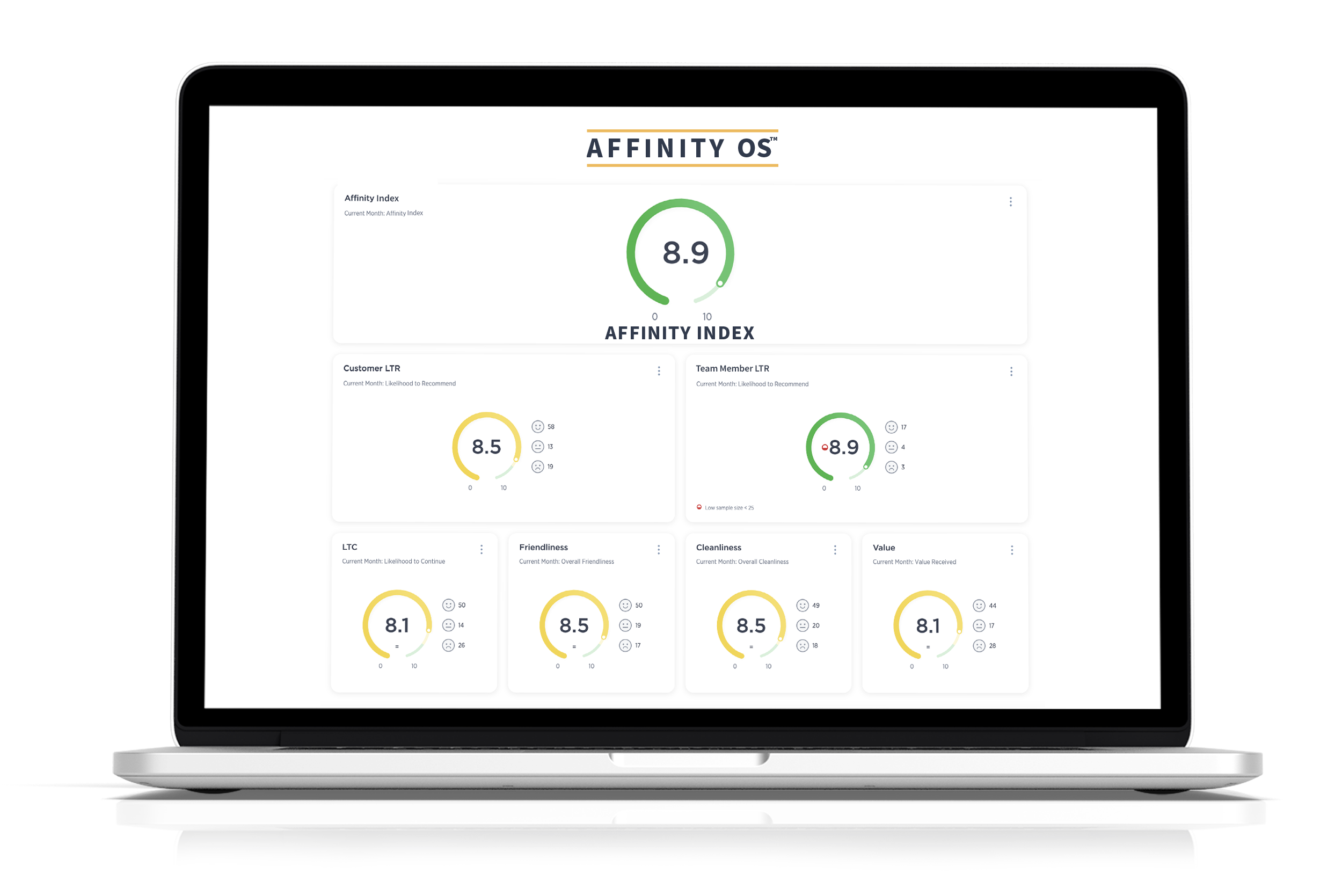 Interested in learning more about how to transform your organization’s approach to team member engagement and customer experience? Reach out to our team at AFFINITY OS, specialists in AI-driven customer and team member engagement optimization.
Interested in learning more about how to transform your organization’s approach to team member engagement and customer experience? Reach out to our team at AFFINITY OS, specialists in AI-driven customer and team member engagement optimization.
AFFINITY Podcast EPISODE 10 | Collecting and Leveraging eNPS for a People-Centric Culture, Mindful Leadership, Talent Development and Talent Retention

Put PEOPLE FIRST, ALWAYS and watch your business flourish.
Dive deep into the latest trends in customer experience and team engagement, mindful leadership and management. Discover practical tools and strategies that you can use to build a people-centric culture, the foundation for sustainable long-term business growth and success.
Led by mindful leadership expert, Grant Ian Gamble, a best-selling author and true visionary with over 30 years of experience in leading teams to create innovative customer experiences, building engaged, inspired and fulfilled workforces, and developing leaders who prioritize genuine connection in their approach.
The guiding principle behind all of Grant’s work is PEOPLE FIRST, ALWAYS.
More Articles:
The Benefits of Frontline Team Member Engagement and Retention: “The Affinity Principle” Approach
In today’s competitive business environment, frontline team members—those who interact directly with customers—are the cornerstone of any organization, especially those with a high customer-facing presence. However, the traditional approach to talent management often overlooks this vital group, focusing mainly on managerial and executive roles. “The Affinity Principle” reimagines this strategy, stressing the importance of creating an enriching environment for frontline team members that fosters increased retention and better performance.
Unlock the Power of People: Transform Your Business with the AFFINITY Formula and AFFINITY OS
In a world driven by metrics and the relentless pursuit of growth, there’s a principle often overlooked—the essence of human connection. The AFFINITY formula is not just a theory but a realization of what truly drives success in any organization is the people. It’s about acknowledging that businesses don’t operate in isolation. They are living entities, shaped by the relationships between people.
Rediscovering Free Will: The Power of Autonomy and Self-Determination
In the complex tapestry of human existence, the concept of free will holds a prominent position. Victor Frankl, a renowned psychiatrist and Holocaust survivor, and Nir Eyal, a prominent author and behavioral designer, shed light on the significance of free will in our lives. Feeling autonomous and self-determined, that we have the power to exercise free will, is a fundamental psychological need that impacts our mental health. While it is easy to feel swept along by the current of life, believing we lack control over our outcomes, we must recognize our inherent ability to direct and redirect our path. Although we cannot change past decisions, the power to shape our current decisions and determine our direction lies within our grasp.
Fill out the form below and receive a PDF download of "6 Key Strategies to Engage Untapped Fitness and Wellness Market Segments"
Let's Connect!
CUSTOMER EXPERIENCE, TEAM ENGAGEMENT & WORKPLACE WELL-BEING: AFFINITY OS™ | WELLNESS INTEGRATION | MINDFUL LEADERSHIP: "THE AFFINITY PRINCIPLE"
0475 866 592
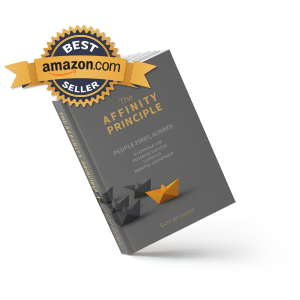
The Affinity Principle™ by Grant Gamble presents a formula for business success through a people-centric, mindful leadership approach.
PEOPLE FIRST, ALWAYS.





